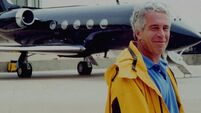Battle for survival begins
David Nabarro, who heads the World Health Organisation’s health crisis team, said up to five million people lacked the basic essentials to survive.
Reeking corpses rotted in the tropical sun from India to Indonesia and many who escaped death fought for survival against thirst and disease.














